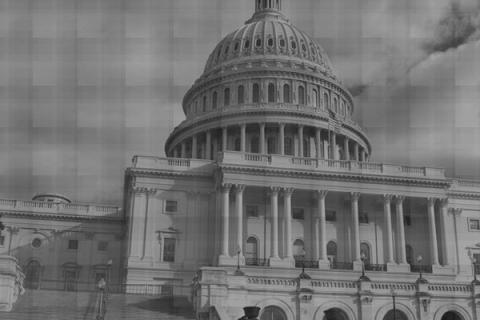The independent and nonpartisan Legislative Analyst’s Office (LAO) in Sacramento says there will be some economic disruption and higher energy costs if the 2006 climate change law is implemented. Senator Dave Cogdill (R-Modesto), an opponent of the law, requested the analysis and accurately sums up its key findings.
More jobs will be likely lost in the near term.
Overall job impact in the long term is unknown.
Certain individual businesses and households would be seriously affected.
Near-term prices of electricity, gas and other energy sources would rise.
LAO is highly regarded by members of both parties and has been providing nonpartisan fiscal and policy advice to the California legislature for 65 years. "Think of (the LAO)…as the conscience of the Capitol. Collectively, they are the skunk that ruins the budget garden party the Governor and the Legislature would otherwise enjoy each year,” said Dan Weintraub in the Sacramento Bee. Others echo this sentiment. Thus, this report needs be taken seriously.
Ok, let’s get all the acronyms out of the way. The 2006 Climate Change law (AB 32) mandates that the California Air Resources Board (CARB) develop a Scoping Plan (SP) that reduces greenhouse gases (GHG) emissions to their 1990 level by 2020. LAO, in their full report, says CARB is "not able to provide reliable estimates of the jobs impacts of the SP in 2020" and that implementing AB 32 will lead, as mentioned, to short-term job loss.
Why? There are multiple reasons. Among them, energy prices will rise, and that will impact all businesses. Increased vehicle fuel standards means higher prices for vehicles as well as less maintenance (and thus fewer repair jobs), and increased use of renewable energy inevitably leads to job loss in non-renewable energy sectors.
One startling fact: CARB says in their SP that nearly 20% of GHG reduction will come through cap-and-trade. Look, unless cap-and-trade is mandatory across all businesses, completely verifiable, and not able to be gamed or used by speculators simply as a way to make money, then it simply is not credible as a way to reduce GHG.
A consistent theme in the LAO report is that reducing GHG basically means new industries will emerge which will be disruptive technology. They will supplant and replace existing industries. Job loss in the old industries is an inherent part of this process. A glib solution would be to say, those that those who lose jobs need to be re-trained in the new technologies. Well, that’s not always possible. Can a middle-aged coal plant worker get training that enables him to be employed manufacturing solar panels? Maybe, but this will probably only happen if money is allocated for training, and the new industries are located where he is.
On the other hand, do we want to continue such insanities as the City of Los Angeles getting 40% of its energy from coal plants in Utah and Nevada that often use coal sent by rail from Appalachia? That sure doesn’t seem long-term sustainable to me, especially considering that considerable energy is lost in the hundreds of miles of transmission from those states to L.A. In the long view, it seems to make more sense to create our own energy inside of our state borders. Texas already does this, and they are also the leader in wind energy. In another example, Friends of the Supergrid, ten huge engineering and energy firms in Europe, are planning a massive renewable energy grid that by 2050 will power the EU primarily from offshore wind, as well as wave, tidal, and solar power. They aren’t just doing this because they want to save the environment. They also want energy independence for Europe, which is certainly an achievable goal for the US and California too.
But yes, we are in a bad recession. Do we need more job losses now? While it may be easy in the aggregate to say that renewable energy is a disruptive technology that will replace aging industries, those in such industries might certainly feel differently. House and buggy manufacturers were mostly wiped out by the advent of the automobile. Thousands no doubt lost their jobs. Yes, disruptive technology means there will be economic dislocation.
LAO sums it, saying:
“The effects that do occur may not prove to be particularly large relative to the overall economy, in part reflecting the relative role played by energy costs and the SP's specific measures. Certain individual businesses and households, however, would be seriously affected.”
As a state, we need to decide what our goals are on cleantech, renewable energy, and reducing GHG. What do you think we should do?
